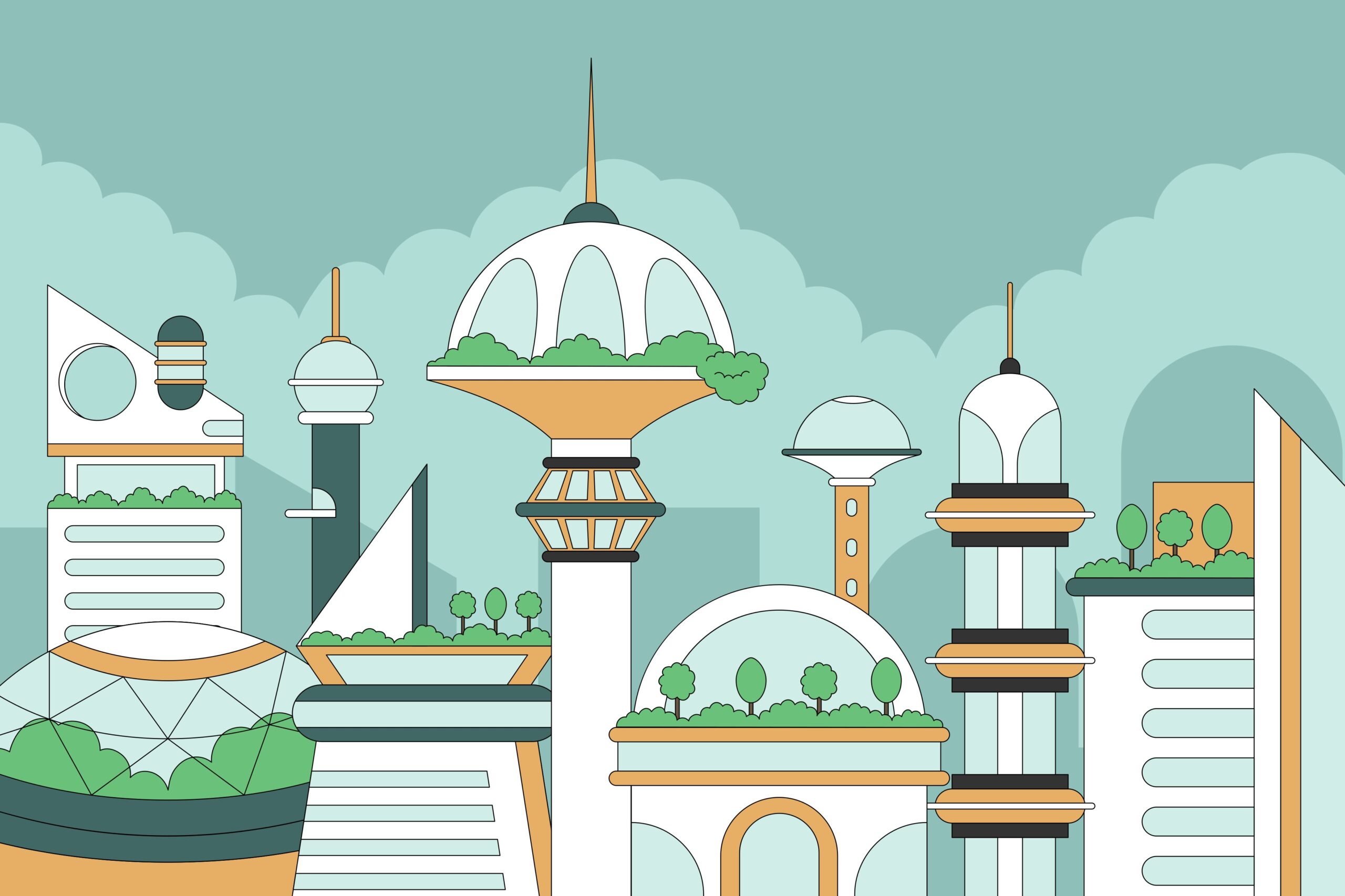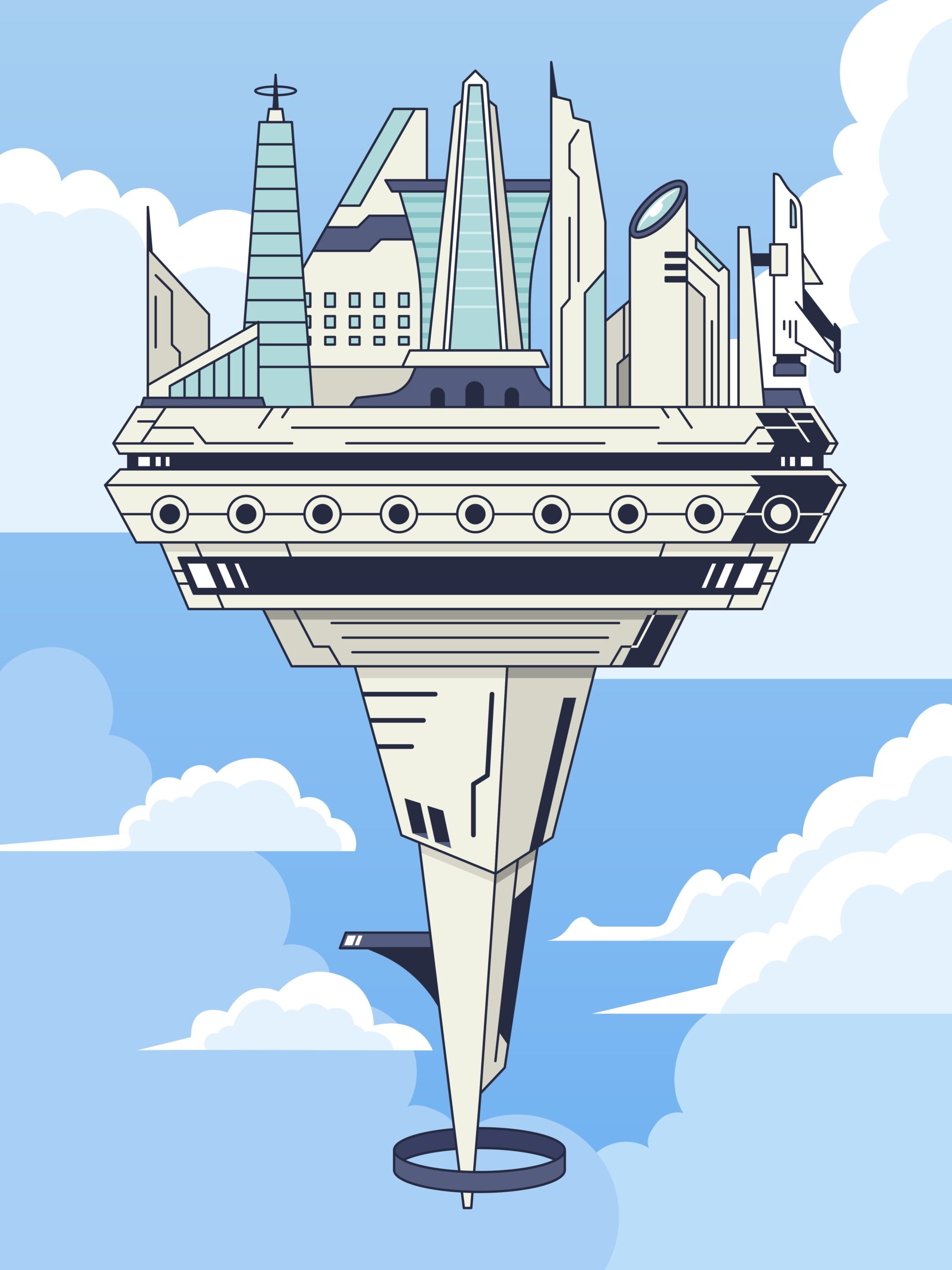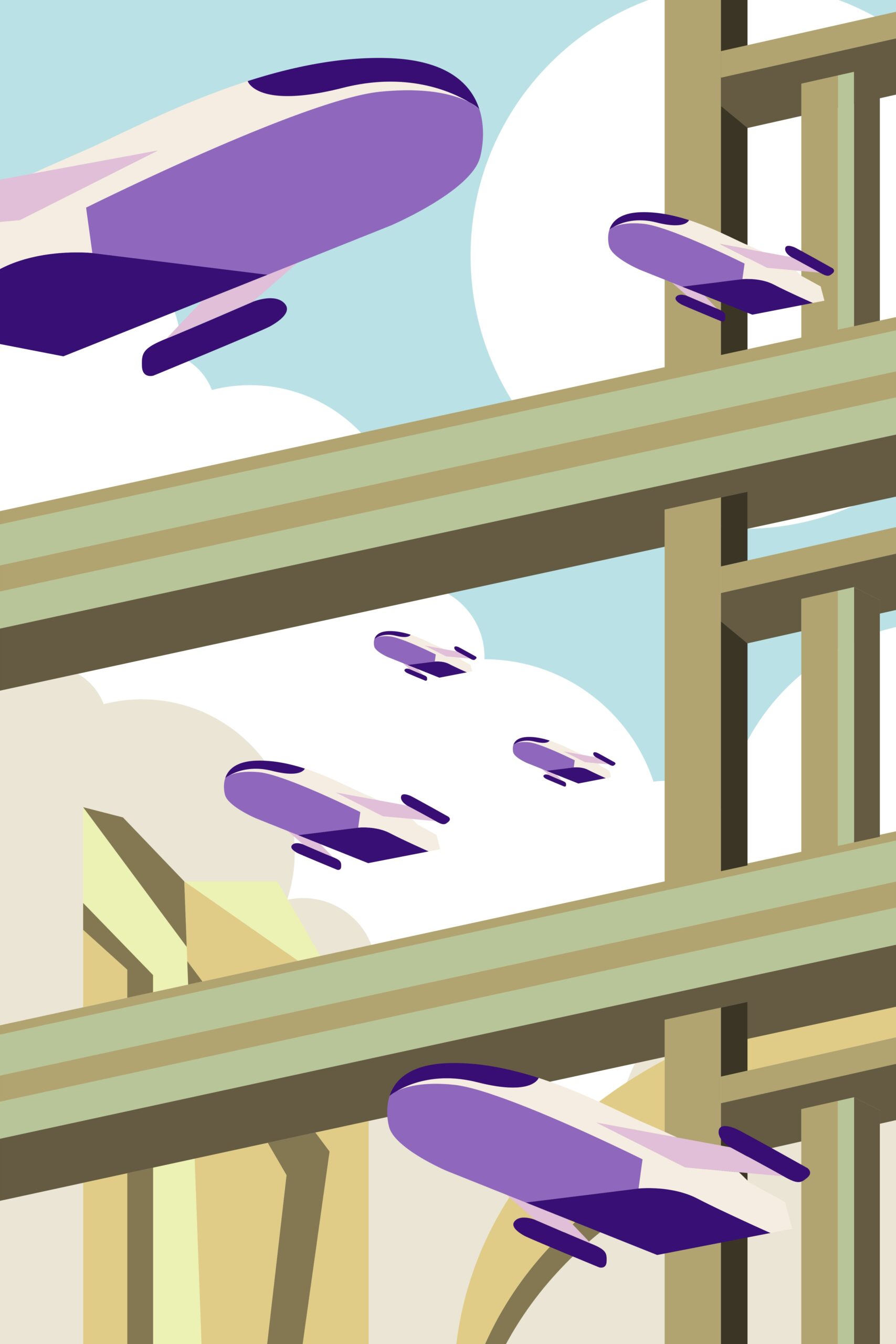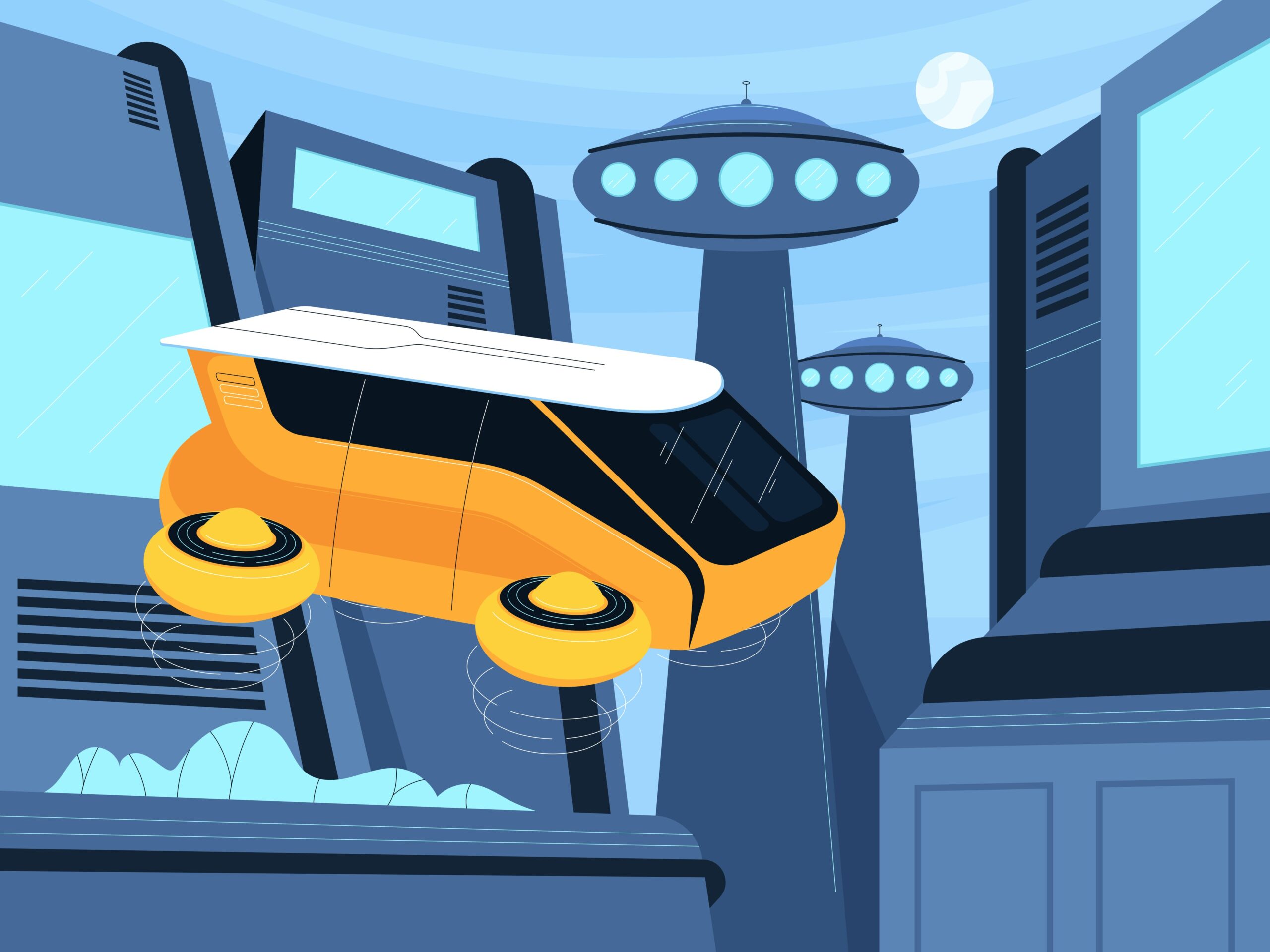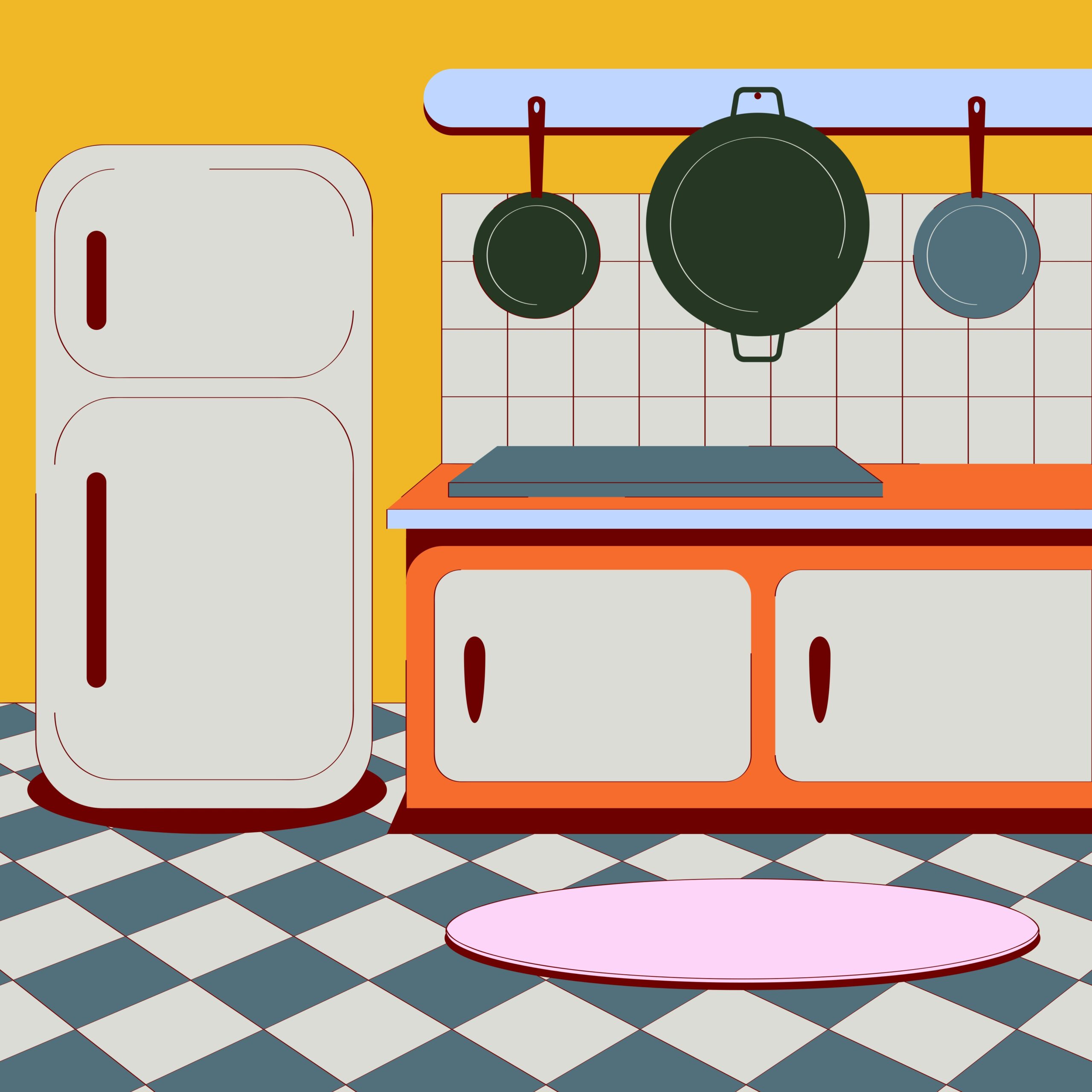The evolution of Artificial Intelligence (AI) is transforming the world of music production, and beatmaking is no exception. With AI tools becoming more advanced, beatmakers now have access to unprecedented levels of speed and creativity. However, not everyone in the industry embraces this change. The future of beatmaking seems to be heading toward a divide: those who integrate AI into their workflow and those who adamantly refuse to use it. In this blog post, we’ll explore these two contrasting approaches, their advantages and challenges, and how they might shape the future of beatmaking.
Beatmakers Who Embrace AI in Their Workflow
Beatmakers who adopt AI see it as a powerful tool to enhance their creative process and efficiency. Here are some key benefits of incorporating AI into music production:
1. Faster Production Speeds
AI tools can handle time-consuming tasks like generating chord progressions, suggesting rhythm patterns, or selecting samples in seconds. This allows creators to focus more on refining their ideas rather than getting bogged down by repetitive tasks.
2. Discovering New Ideas
AI, trained on vast datasets, can suggest unique patterns and sounds that might never occur to a human mind. This opens up opportunities for artists to push the boundaries of their creativity and explore uncharted territories in their music.
3. Lower Barriers for Beginners
AI-powered tools are often user-friendly, enabling even novice producers to create professional-quality tracks. This democratization of music production means more people can participate in creative expression without requiring years of technical expertise.
However, there are concerns about over-reliance on AI. Critics argue that it could lead to a loss of human emotion and individuality in music or result in a homogenized sound where many tracks feel similar due to shared AI tools. Despite these concerns, for many beatmakers, AI is an indispensable asset in their creative arsenal.
Beatmakers Who Refuse to Use AI
On the other side of the spectrum are beatmakers who deliberately choose not to use AI in their creative process. Their reasons often stem from deeply held beliefs about artistry and authenticity.
1. Commitment to Human Expression
Music is inherently emotional and personal. For some artists, the idea of relying on algorithms feels antithetical to their mission of creating music that reflects their own experiences and emotions. They believe that true artistry comes from human intuition and imperfection.
2. Love for the Creative Process
For many producers, the joy of making music lies in the trial-and-error process itself. While AI might streamline workflows, it can also take away the satisfaction that comes from solving creative challenges manually.
3. Standing Out Through Originality
As more creators adopt similar AI tools, there’s a risk that their output may start sounding alike. By crafting everything from scratch without relying on algorithms, non-AI users aim to differentiate themselves with a unique sound that stands out in an increasingly automated industry.
That said, this approach requires significant time and effort compared to AI-assisted workflows. While it may not be as efficient, it appeals strongly to listeners who value authenticity and human touch in music.
A Future Where Both Approaches Coexist
Although these two approaches may seem at odds with each other, they are likely to coexist in the future of beatmaking. Each offers distinct values that contribute to a richer and more diverse musical landscape.
The Rise of Hybrid Creators
A middle ground is emerging: hybrid creators who combine both approaches. For instance, they might use AI for brainstorming ideas or generating rough drafts but rely on manual techniques for finalizing details and adding personal touches. This balanced approach allows them to harness efficiency without sacrificing individuality.
More Choices for Listeners
For listeners, this duality means greater variety in music. From polished tracks crafted with cutting-edge AI tools to raw, emotionally resonant beats made entirely by hand, audiences will have access to a wider range of musical experiences.
Final Thoughts: AI as a Choice
AI is undoubtedly reshaping the world of beatmaking by providing powerful tools for innovation and efficiency. However, whether or not to use it remains a personal decision for each creator. If your priority is speed and experimentation, integrating AI into your workflow might be the way forward. On the other hand, if you value emotional depth and hands-on craftsmanship above all else, sticking with traditional methods can still yield incredible results.
Ultimately, there’s no “right” answer—only what feels authentic to you as an artist. The future of beatmaking will not be defined by which approach dominates but by how each individual uses these tools (or chooses not to) to express themselves.
So which path will you take?

